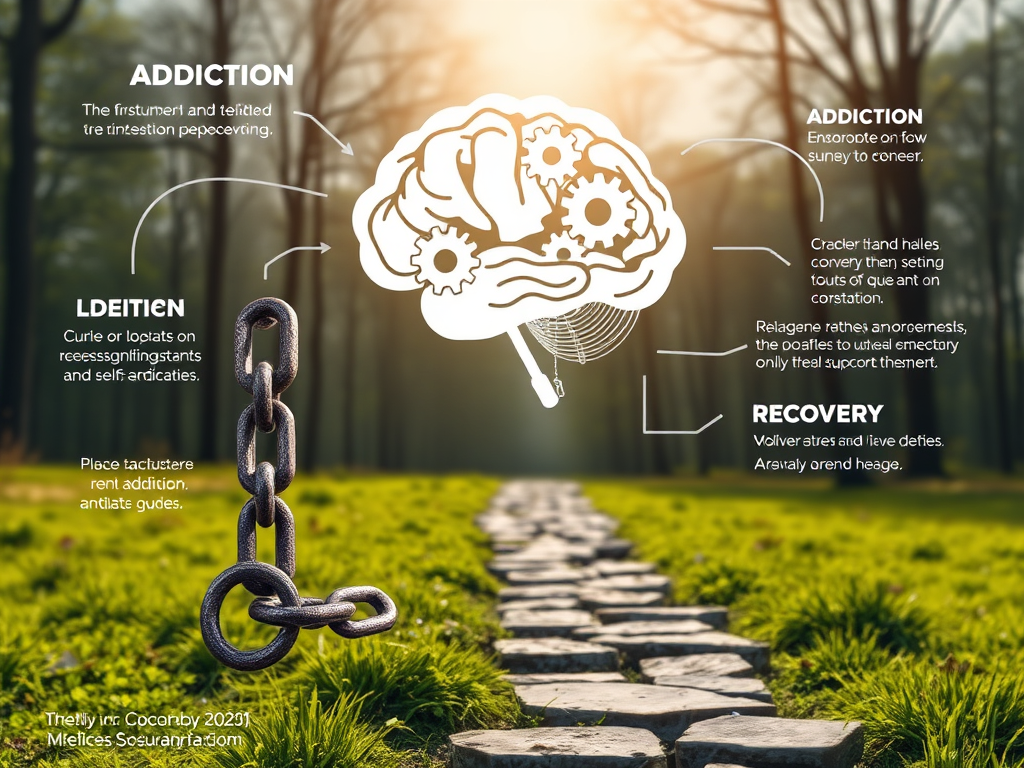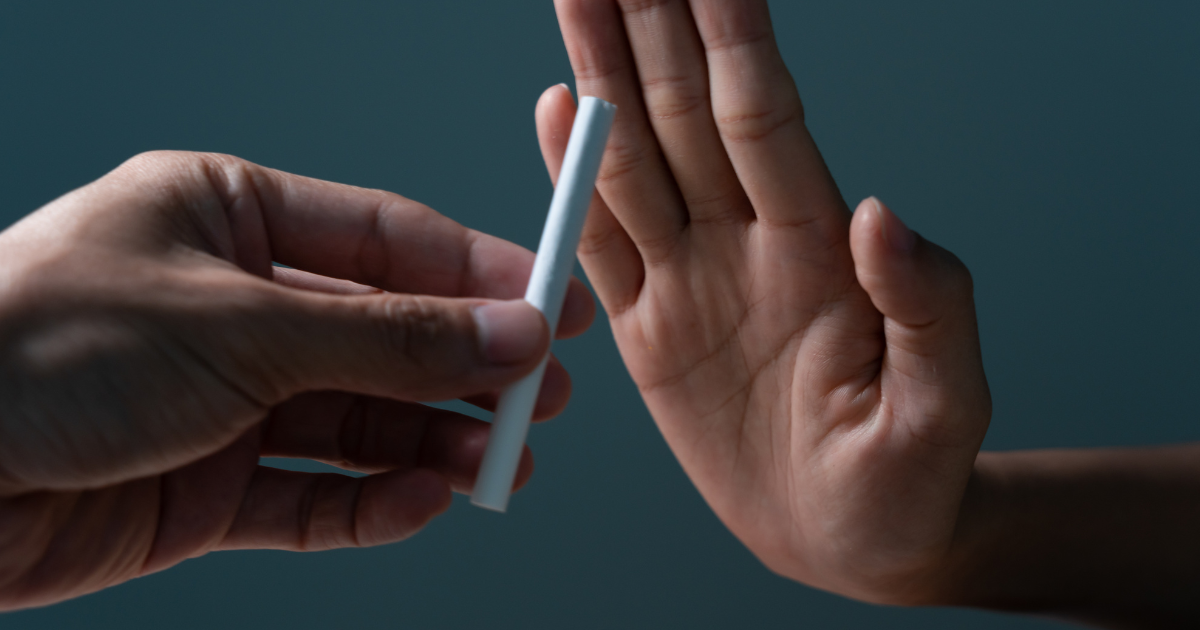How Ignoring Mental Health Can Sabotage Addiction Recovery

Strong 8k brings an ultra-HD IPTV experience to your living room and your pocket.
Addiction recovery is often viewed as a process focused solely on overcoming substance use. However, there’s a deeper, often overlooked component that can make or break long-term recovery—mental health. When mental health disorders go unaddressed, they can sabotage even the most dedicated attempts at sobriety.
Understanding the critical connection between mental wellness and addiction recovery is essential, especially for those seeking lasting change. In this article, we’ll explore why mental health must be treated alongside addiction, how neglecting it leads to relapse, and what steps you can take to treat both simultaneously.
The Link Between Mental Health and Addiction
Mental health and substance use disorders frequently go hand in hand. Individuals often turn to drugs or alcohol to cope with symptoms of anxiety, depression, trauma, or other psychological challenges. Over time, this can spiral into a dependency that further worsens mental health issues—a vicious cycle that’s hard to escape.
This relationship is known as a co-occurring disorder or dual diagnosis. According to the Substance Abuse and Mental Health Services Administration (SAMHSA), nearly 1 in 3 adults with a serious mental illness also struggles with a substance use disorder. Ignoring one side of the equation typically means neither issue is fully addressed.
How Untreated Mental Health Can Derail Recovery
1. Root Causes Are Left Unresolved
If underlying depression, anxiety, PTSD, or bipolar disorder are not treated during addiction recovery, the core issues that may have fueled substance use still remain. Without healthier coping mechanisms in place, individuals are more likely to return to old habits.
2. Increased Risk of Relapse
Mental health symptoms like stress, insomnia, mood swings, or panic attacks can trigger cravings and relapse, even after detox or rehab. Ignoring mental health essentially leaves a door open for addiction to creep back in.
3. Emotional Instability
Mental health disorders affect emotional regulation. If someone in recovery is struggling with undiagnosed or untreated mental illness, maintaining sobriety becomes far more difficult, especially during challenging moments in life.
4. Resistance to Treatment
Without mental health support, individuals may feel misunderstood or unsupported, leading to dropouts from rehab programs or a refusal to continue therapy.
The Importance of Dual Diagnosis Treatment
For those with co-occurring conditions, dual diagnosis treatment is essential. This specialized approach treats mental health and addiction as interconnected conditions rather than separate problems.
Key components of a strong dual diagnosis program include:
- Comprehensive psychiatric assessment
- Medication management for mood or anxiety disorders
- Individual therapy with licensed clinicians
- Group support focusing on emotional wellness and relapse prevention
- Holistic approaches like mindfulness, exercise, and nutrition
Treating both aspects of a person’s health simultaneously not only improves recovery outcomes—it also empowers individuals to better understand themselves, build resilience, and prevent relapse in the long run.
What Recovery Looks Like With Mental Health Support
When mental health care is integrated into addiction treatment, the results are often more sustainable and transformative. Here’s what clients can expect:
- Stabilized mood and emotions
- Stronger motivation to stay sober
- Improved relationships and communication
- Greater insight into triggers and behavioral patterns
- Higher success rates in aftercare programs
Recovery is more than just staying clean—it's about healing the mind and regaining control over your life.
How to Know If Mental Health Is Being Ignored in Treatment
If you or a loved one is already in a treatment program but suspect mental health isn’t being properly addressed, watch for these red flags:
- No access to a licensed mental health professional
- Lack of individualized therapy sessions
- Minimal or no mental health screening during intake
- Focus solely on detox or 12-step methods
- Ignoring signs of depression, anxiety, or trauma
If any of these apply, it may be time to explore a program that provides true dual diagnosis care.
Final Thoughts
Addiction recovery is not just about abstaining from substances—it's about addressing the whole person. Ignoring mental health in treatment isn’t just a missed opportunity—it’s a risk to long-term sobriety and overall well-being.
The good news? You don’t have to choose between mental health and addiction care. With the right dual diagnosis treatment, individuals can find the balance, support, and strategies needed to overcome both challenges and reclaim their lives.
Healing happens when we treat the mind and body together. If you’re ready to take that next step toward complete recovery, start by prioritizing both parts of the equation.
Note: IndiBlogHub features both user-submitted and editorial content. We do not verify third-party contributions. Read our Disclaimer and Privacy Policyfor details.







